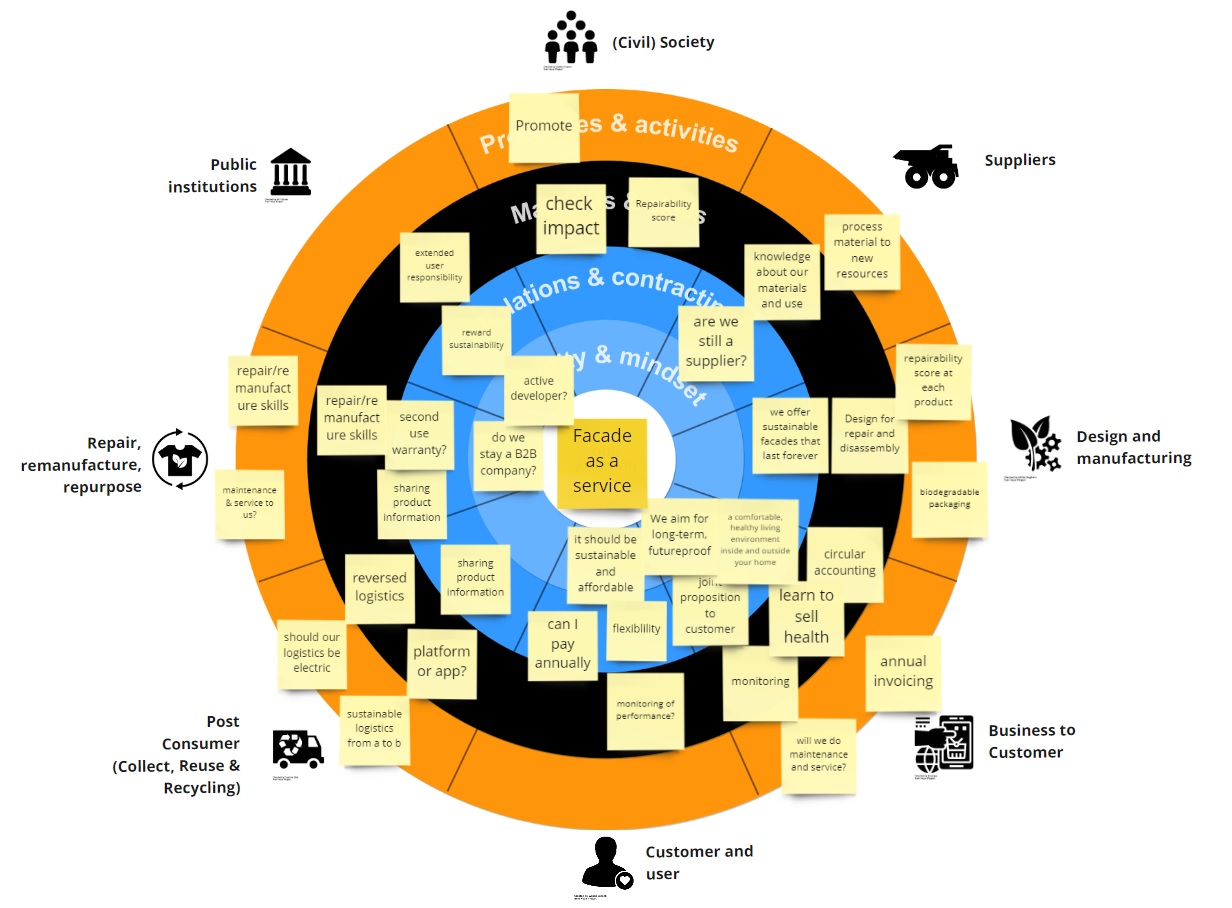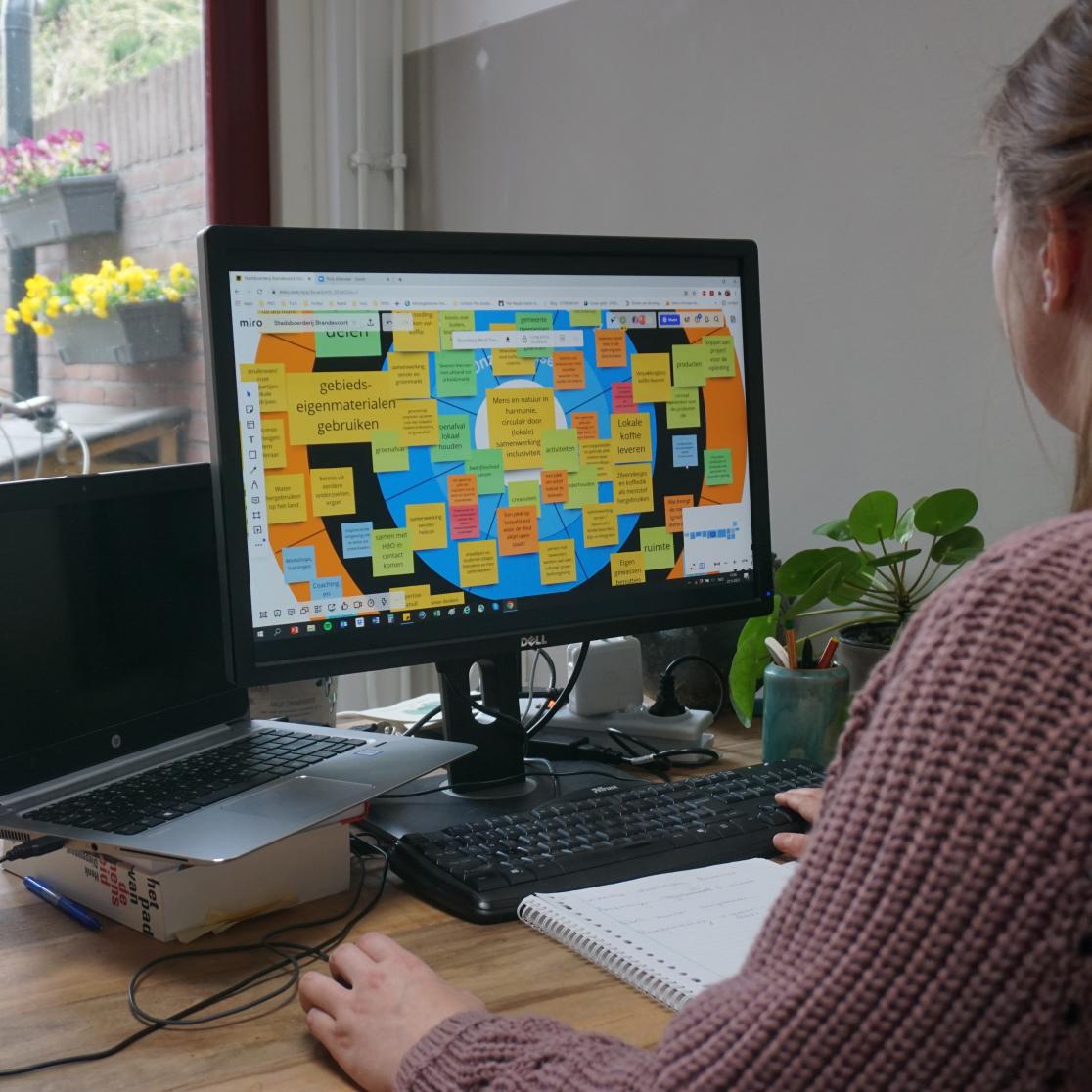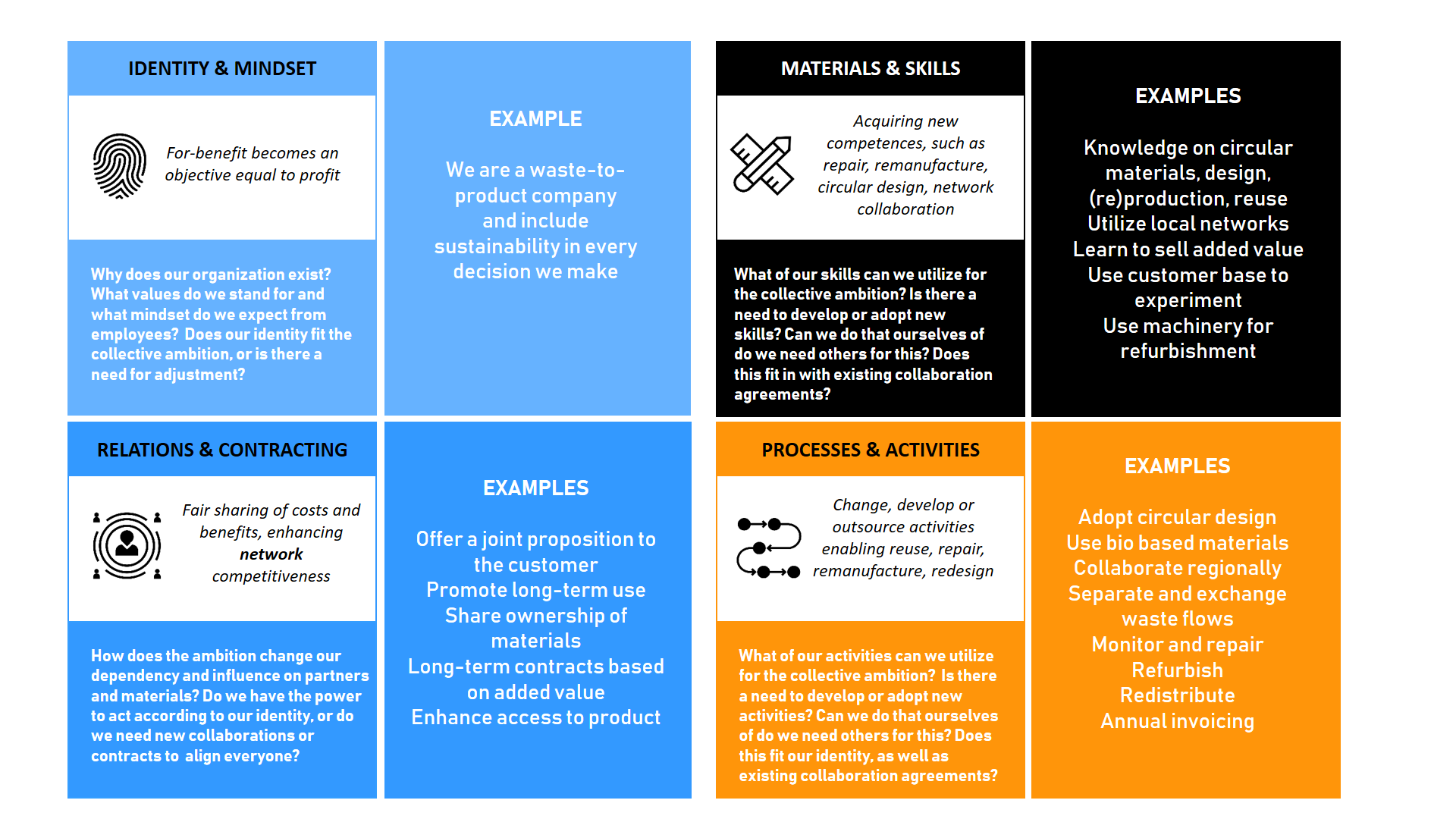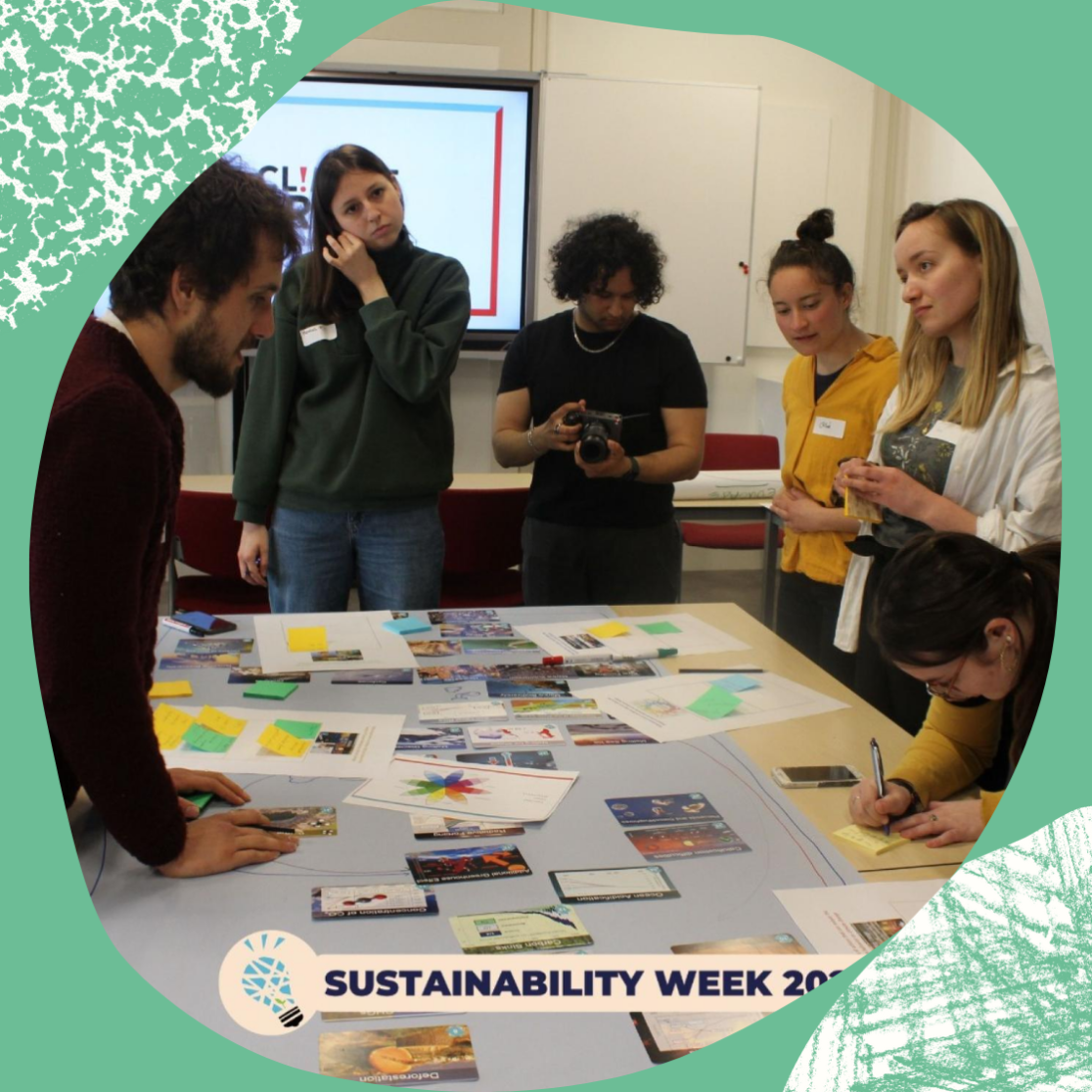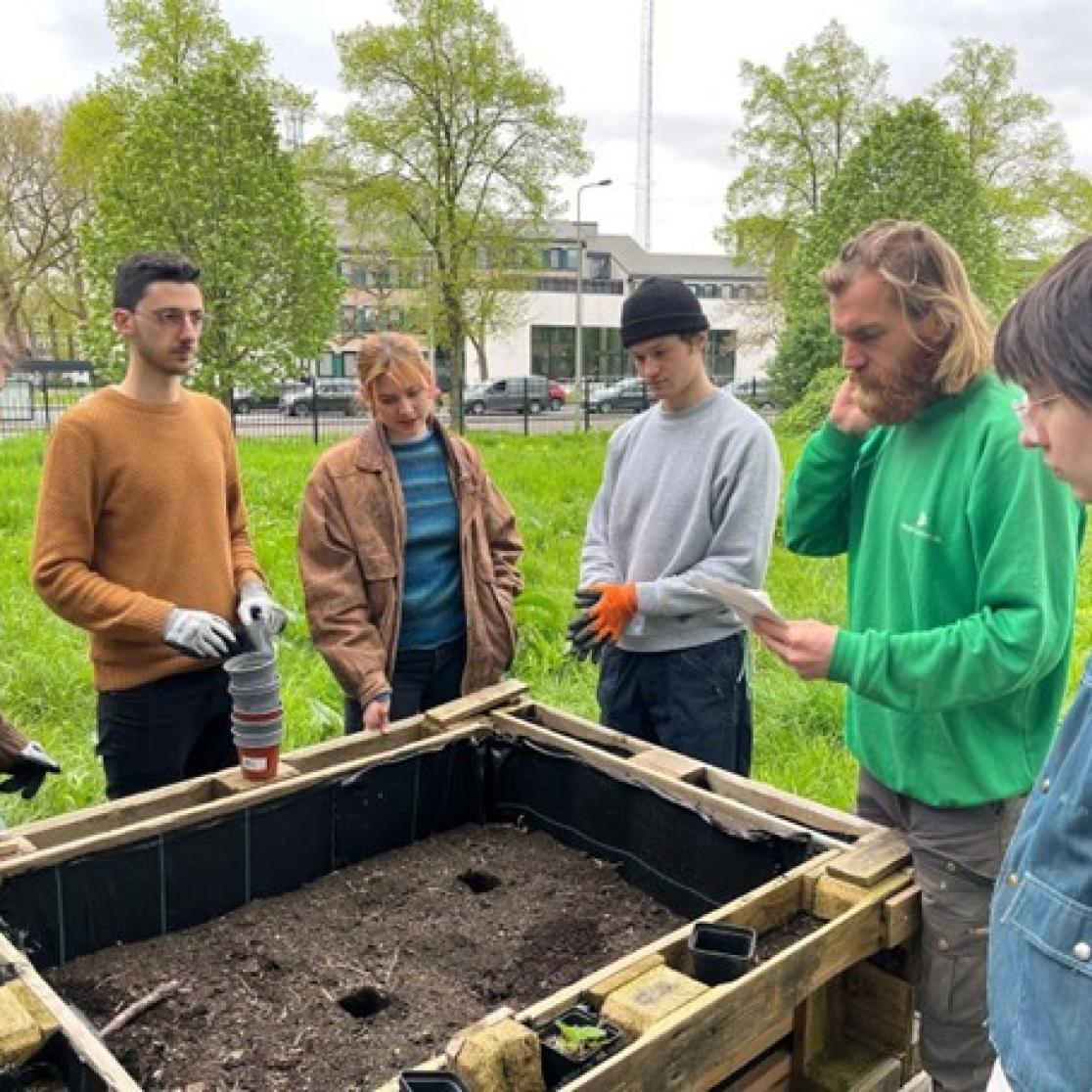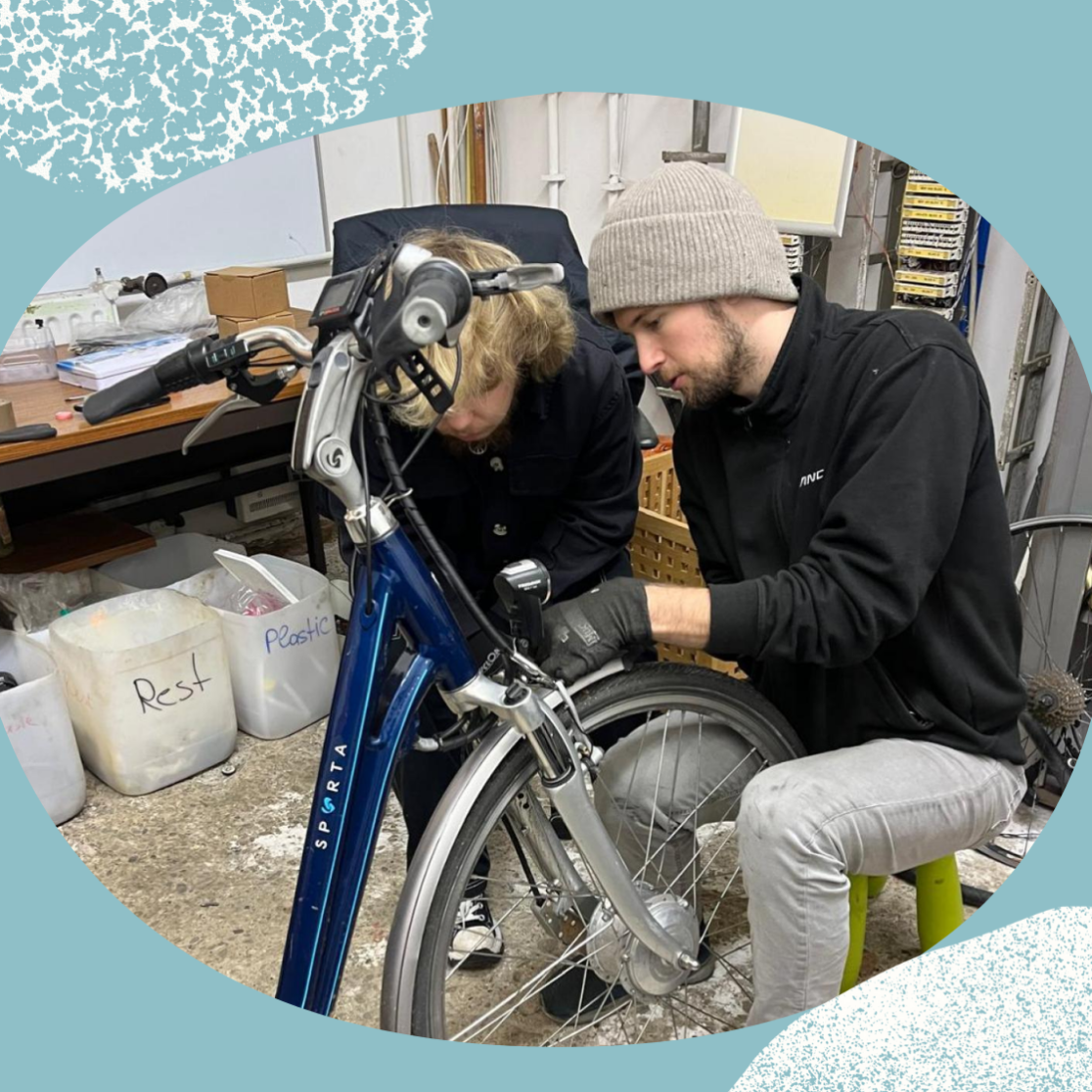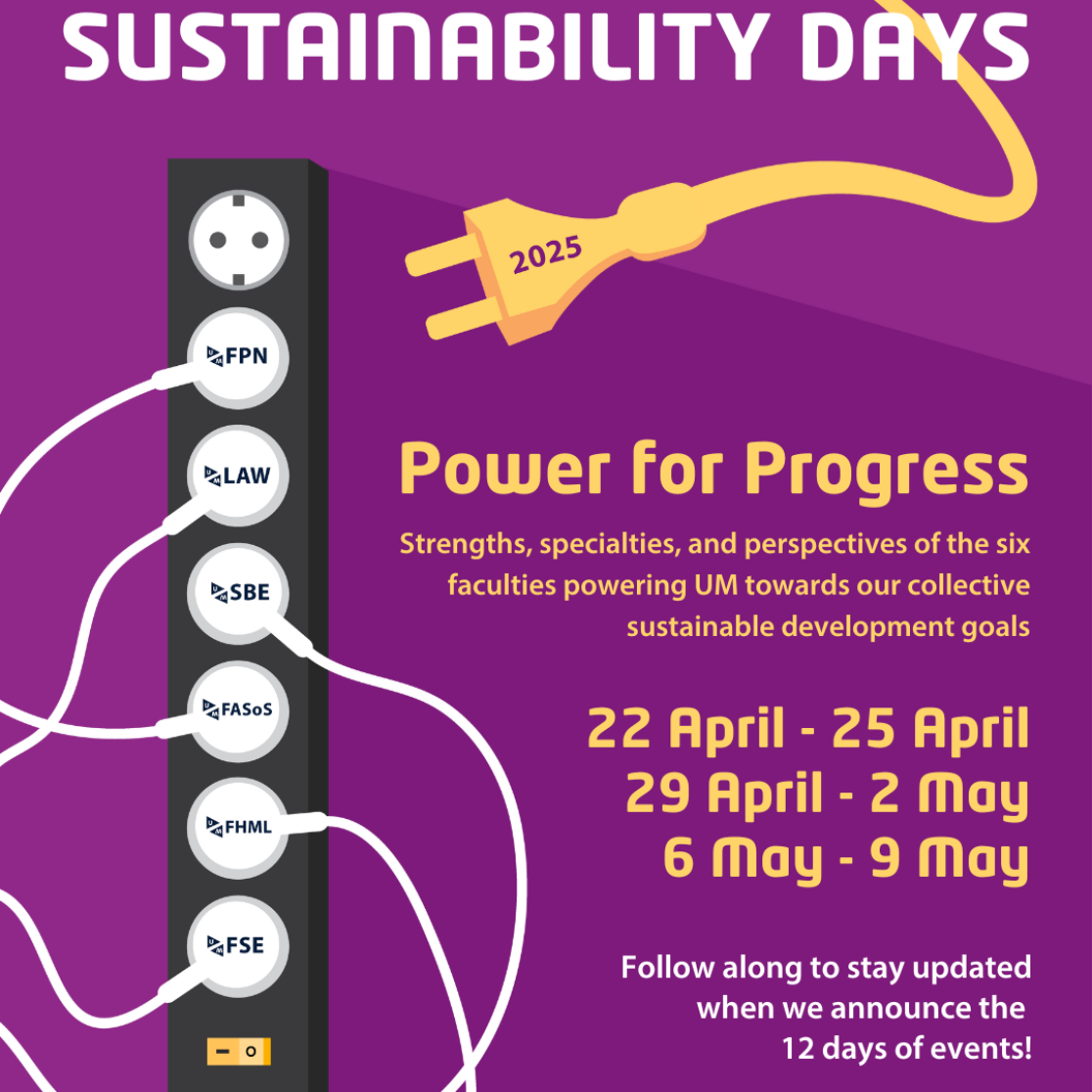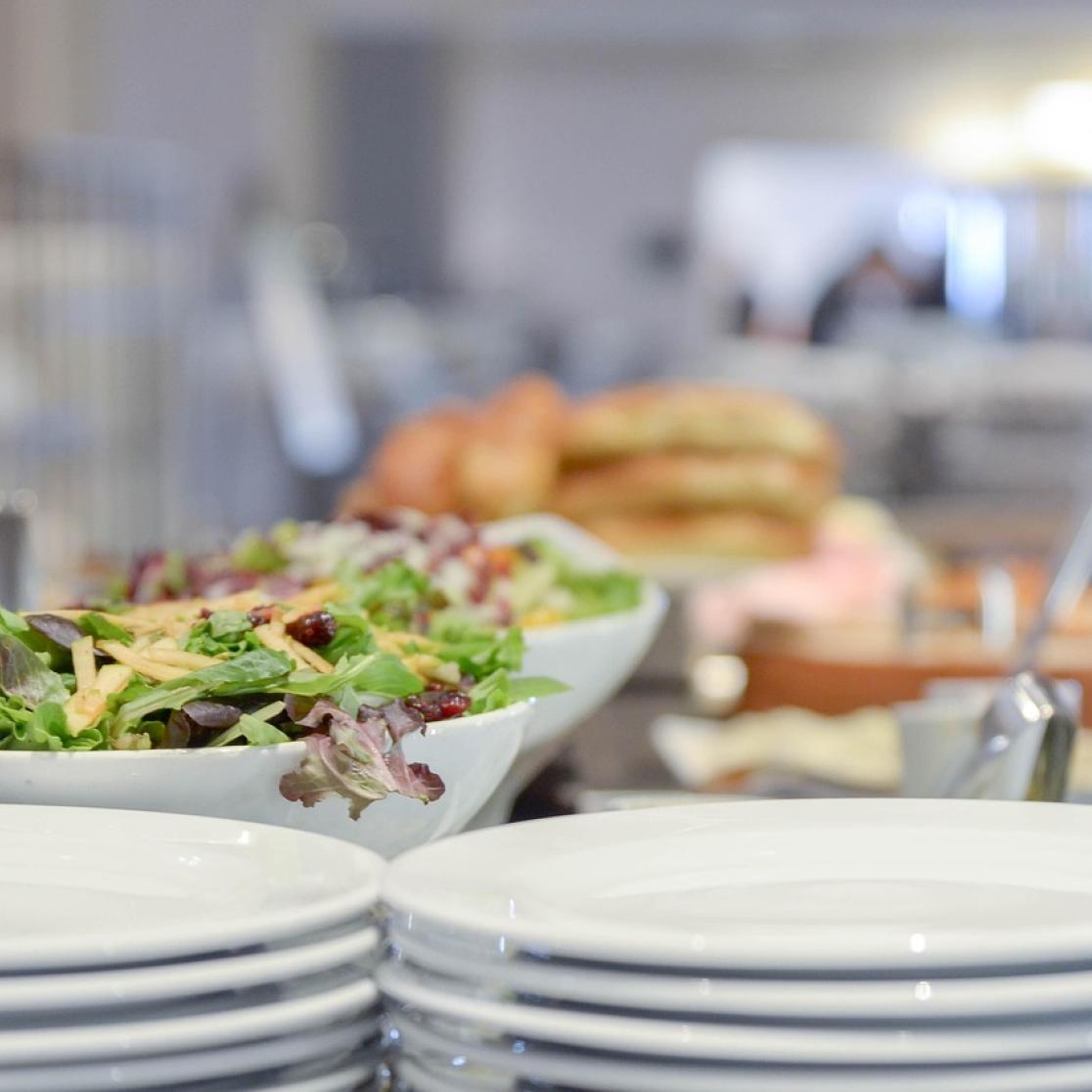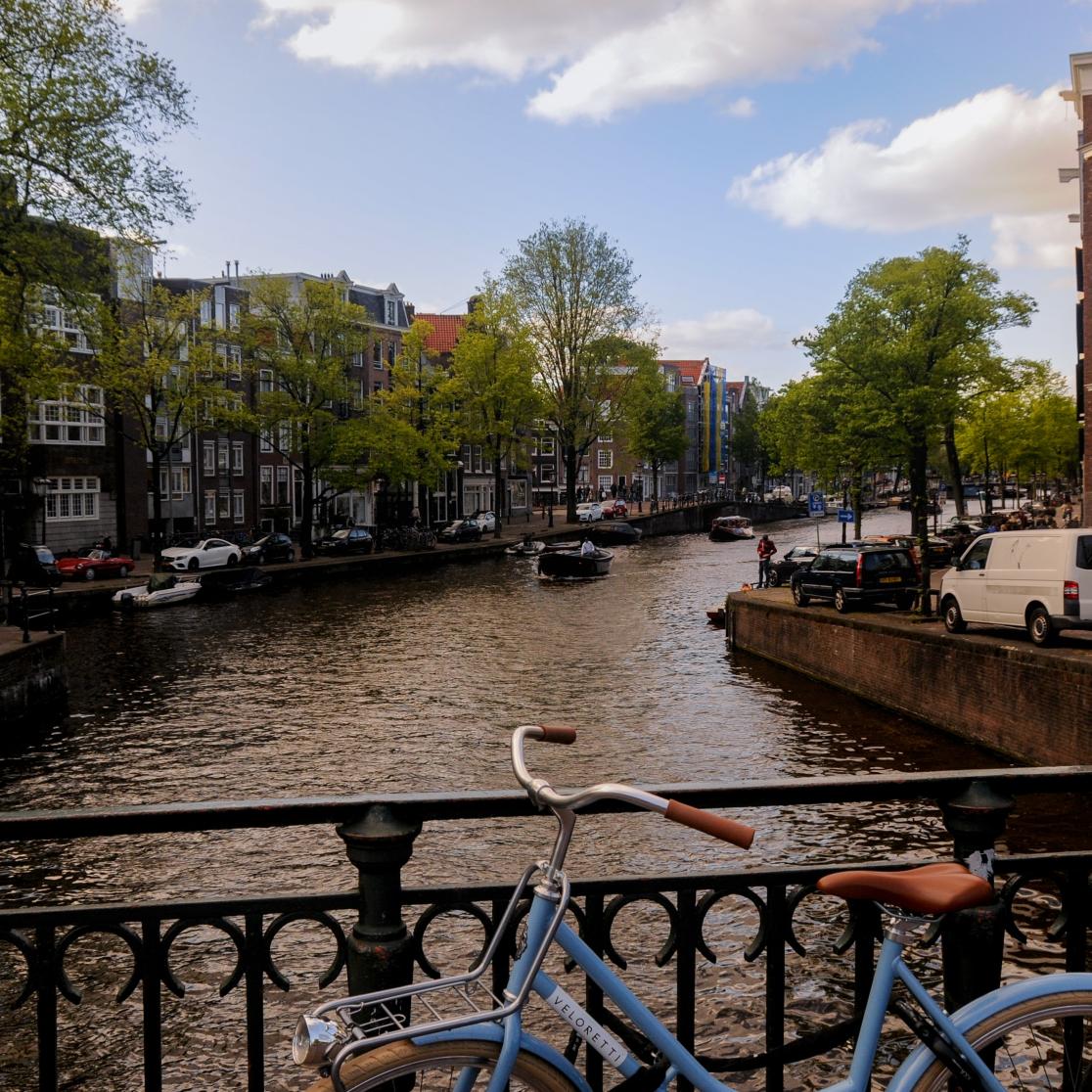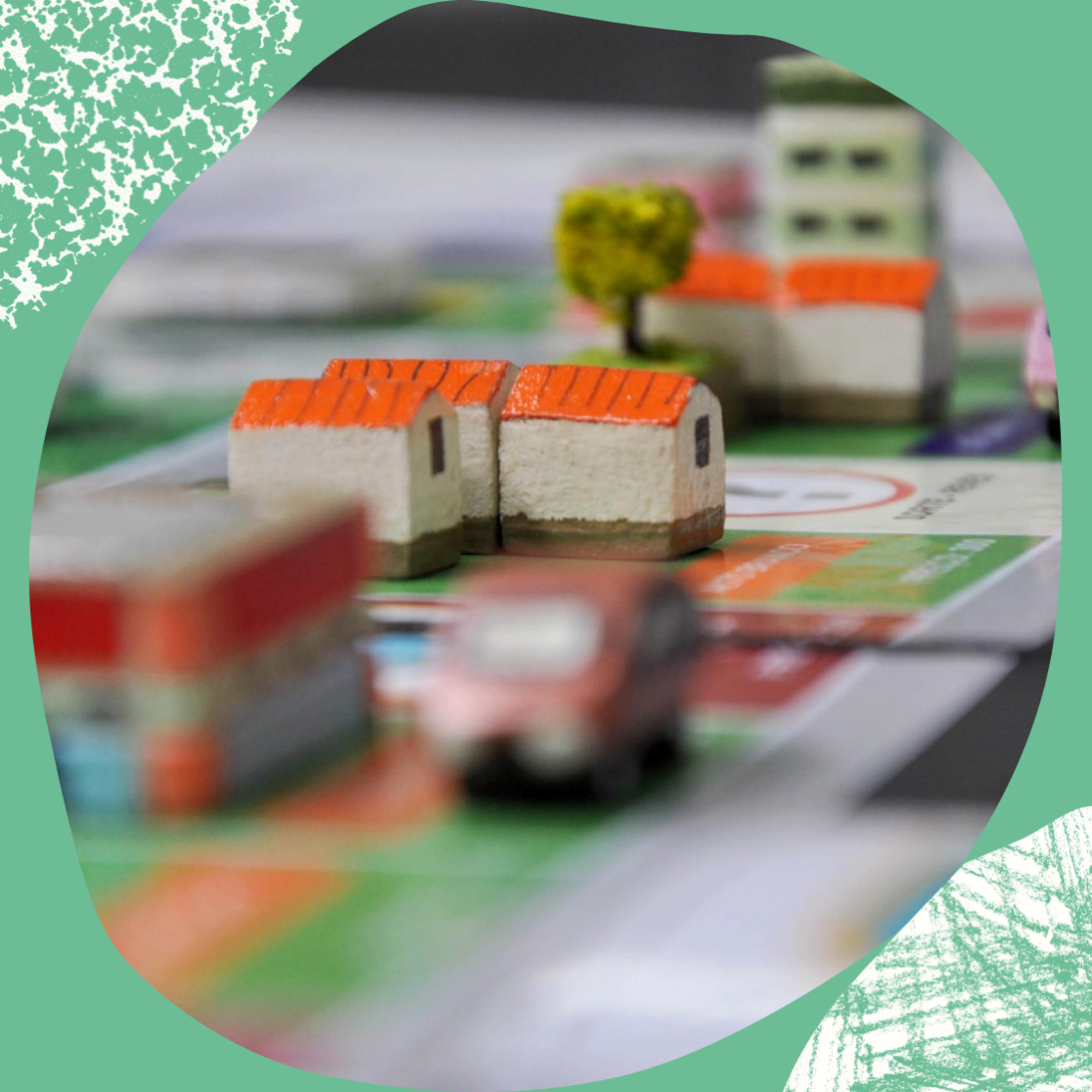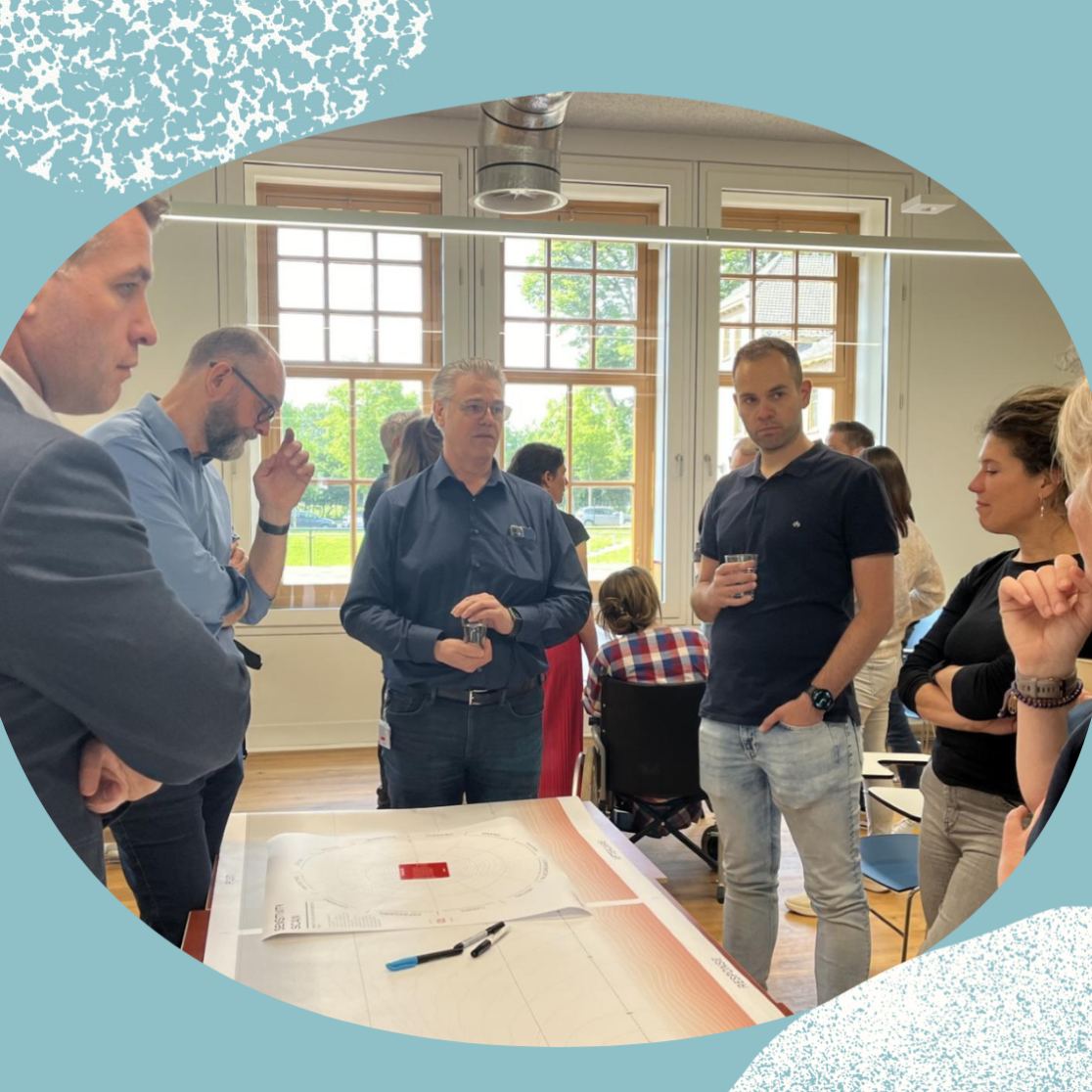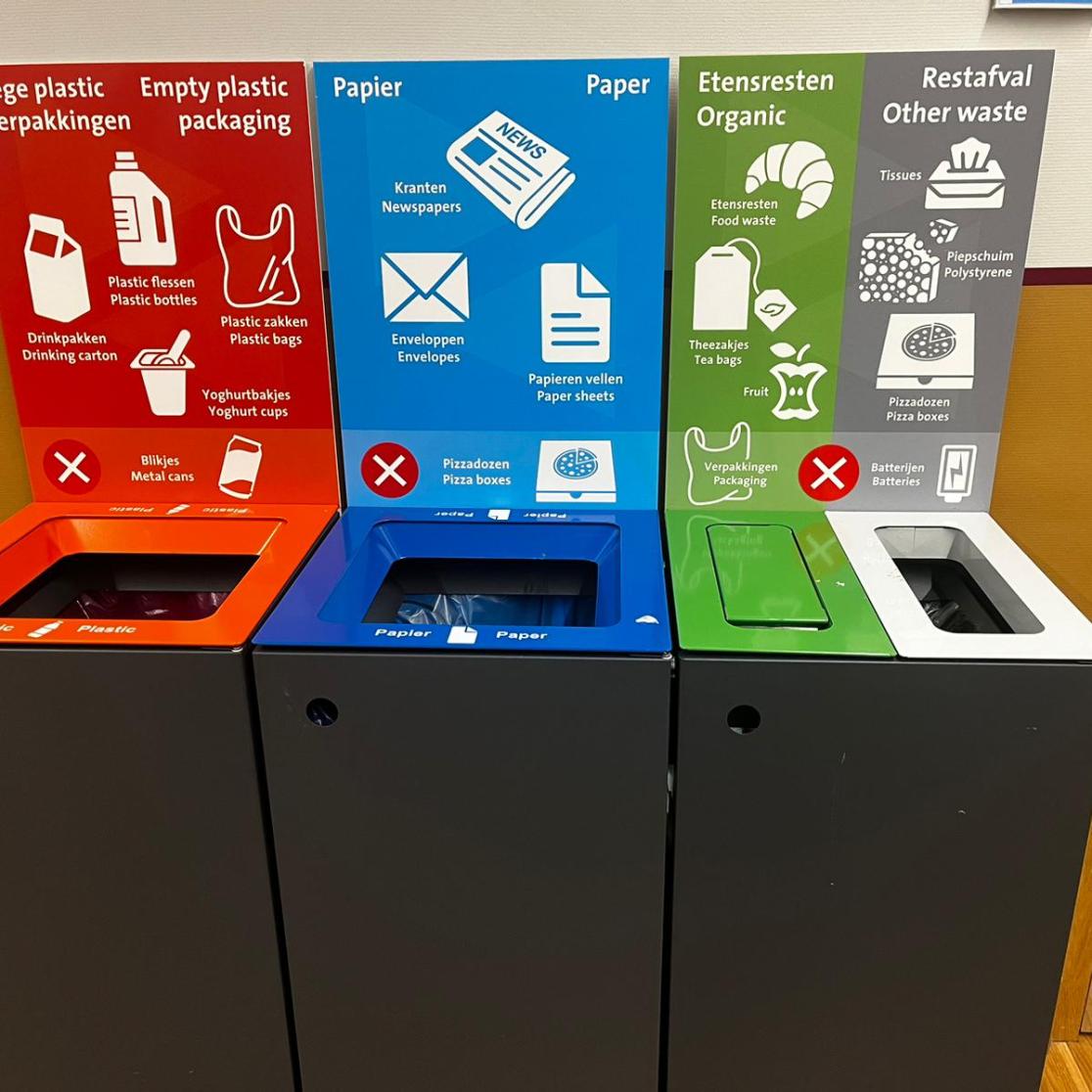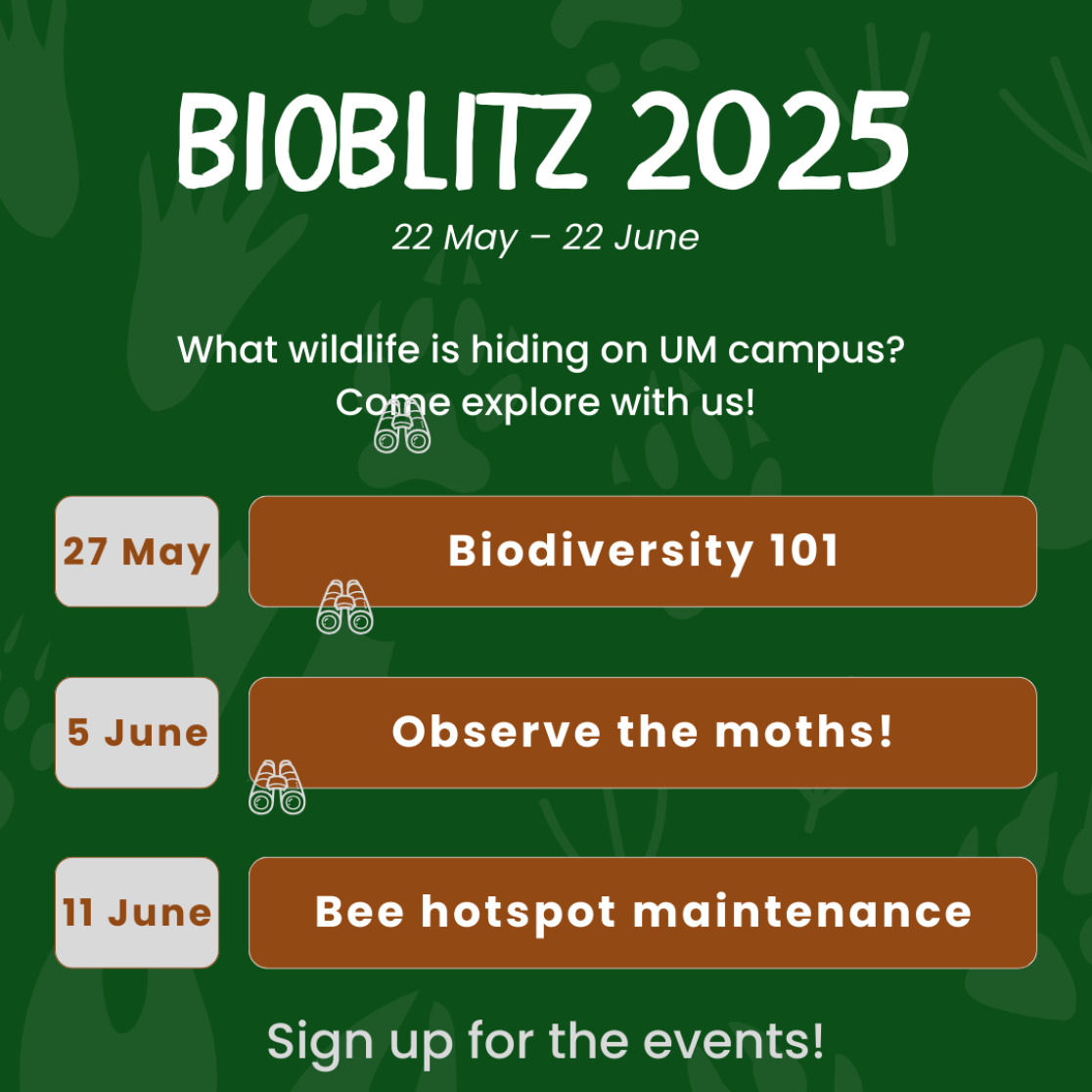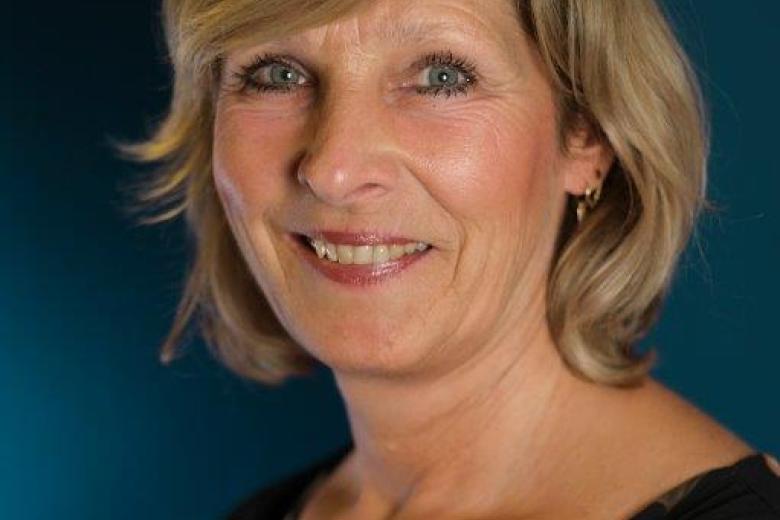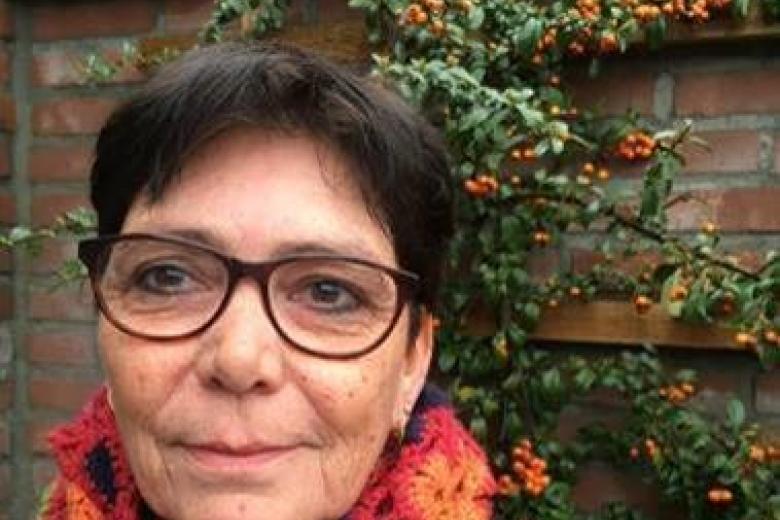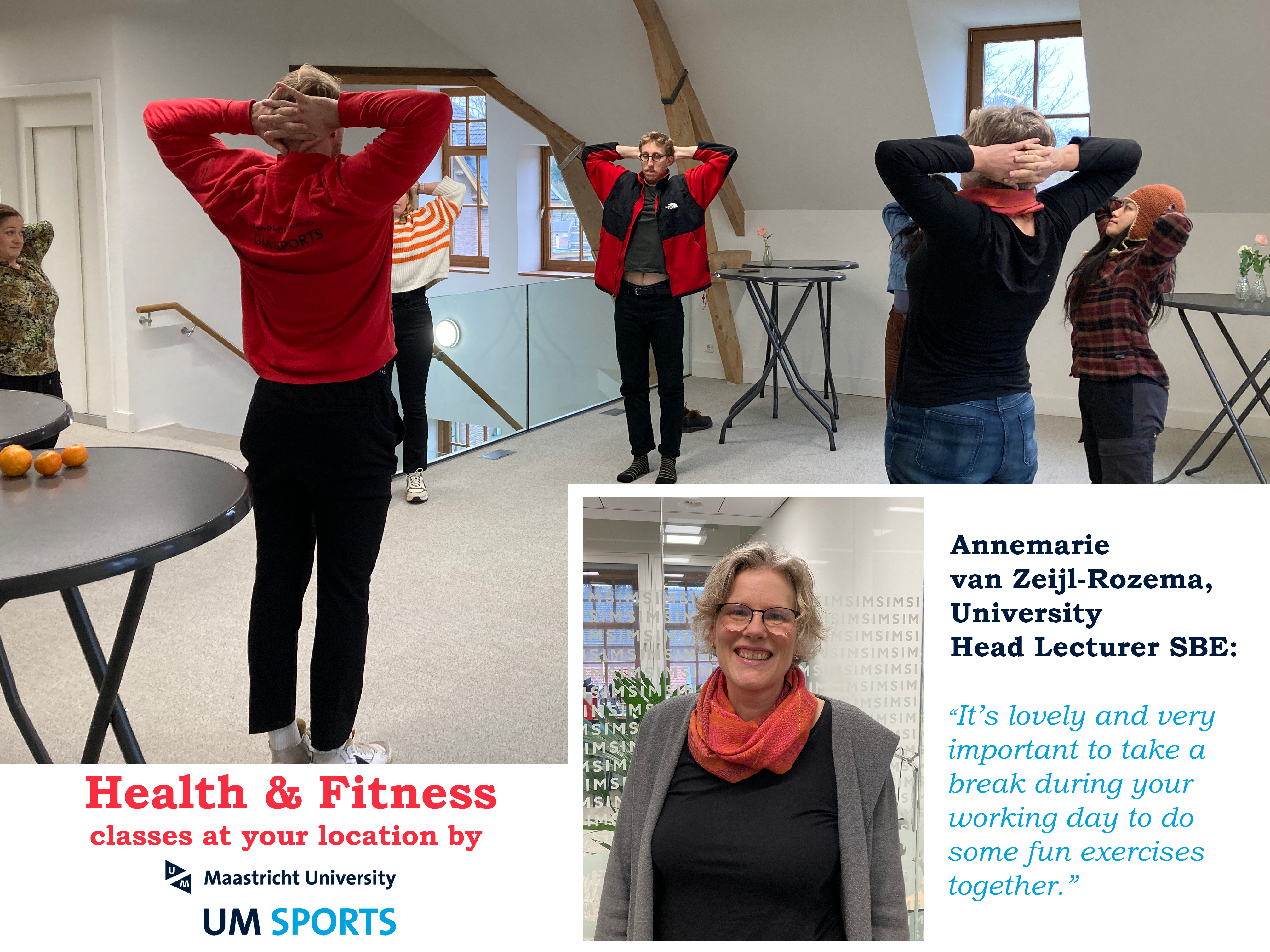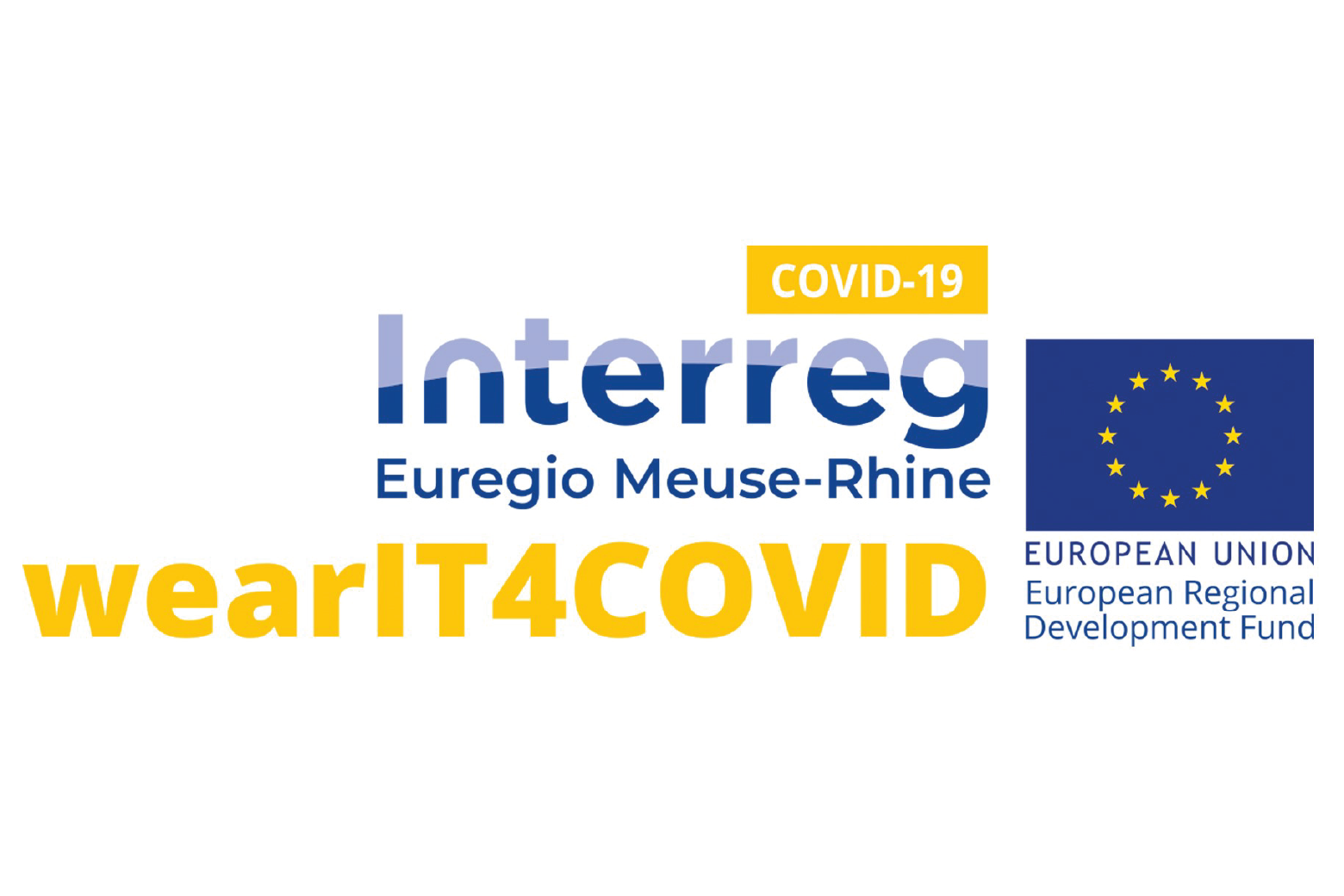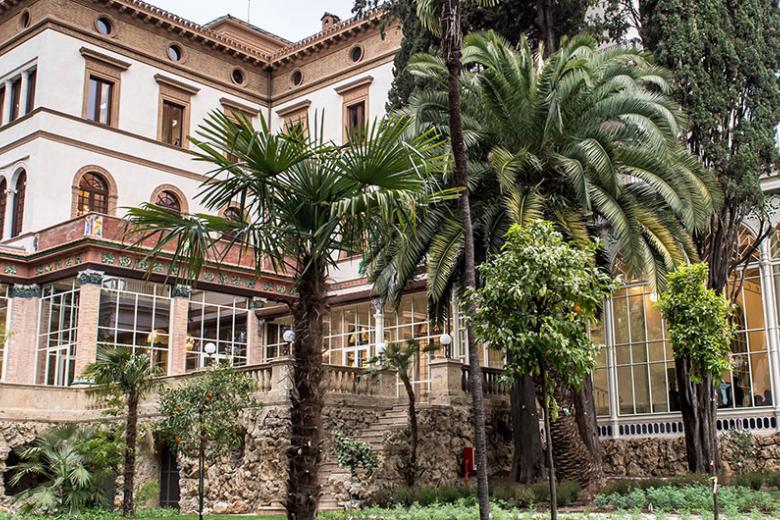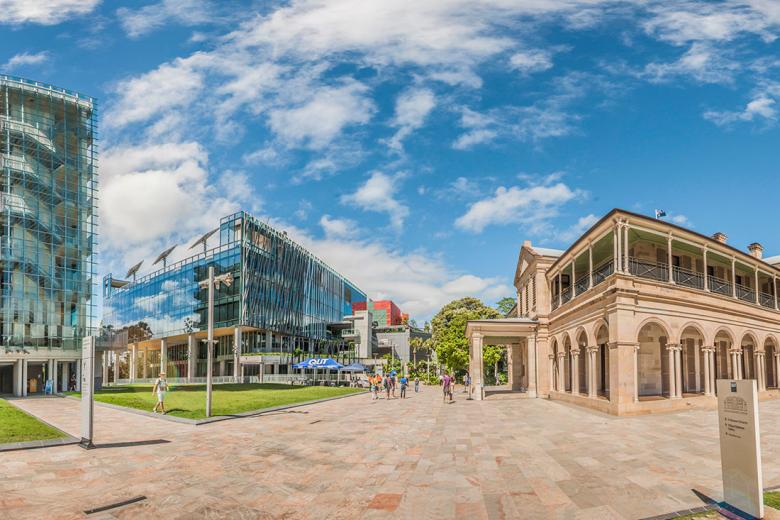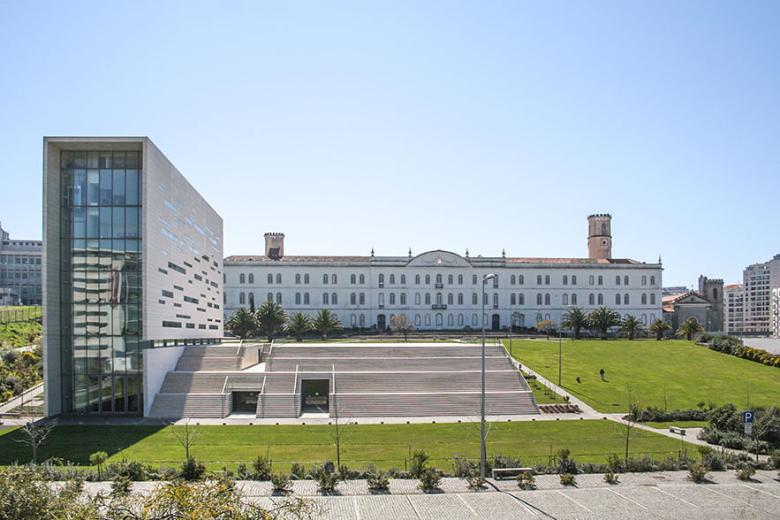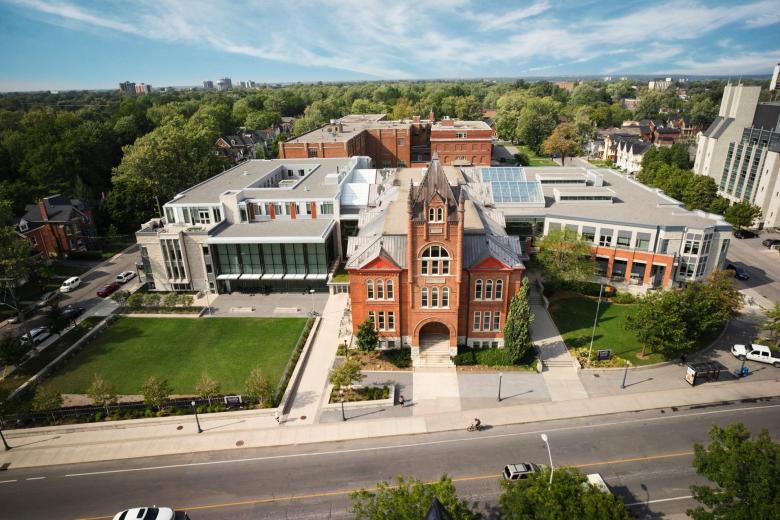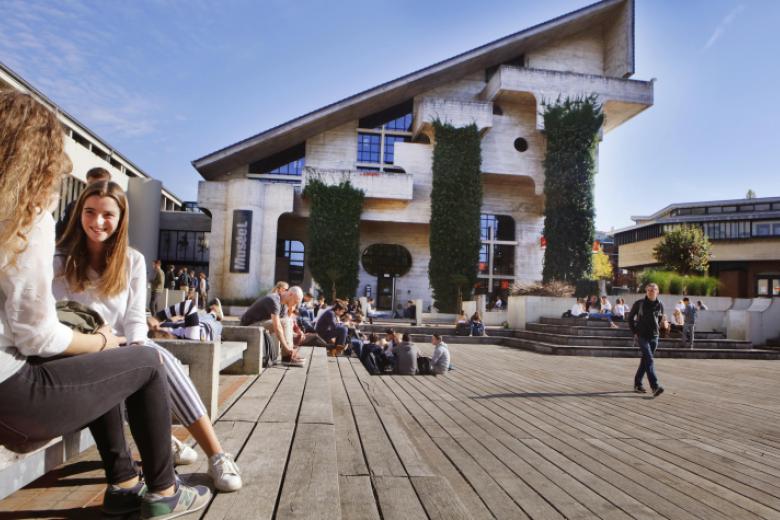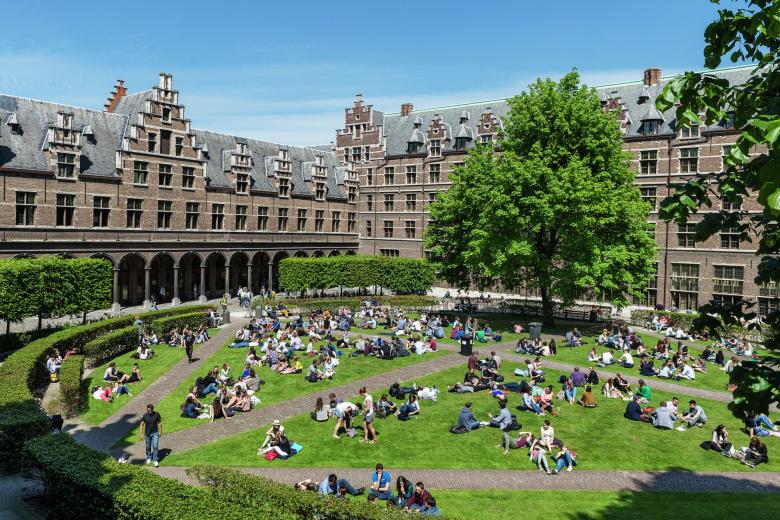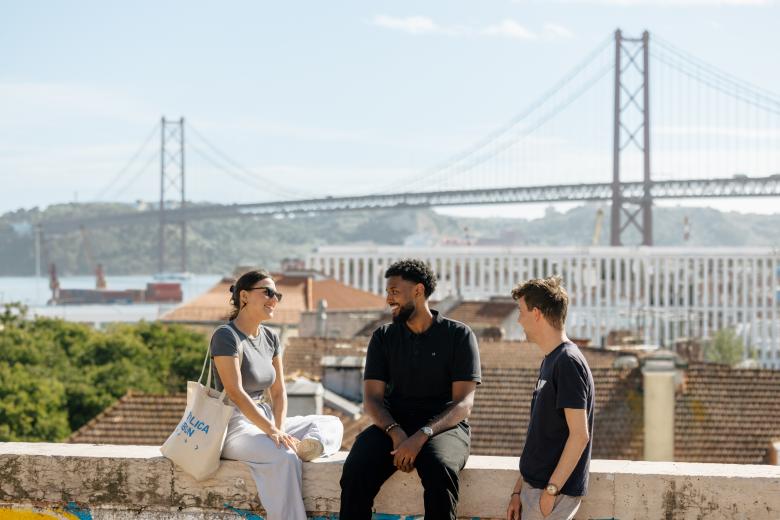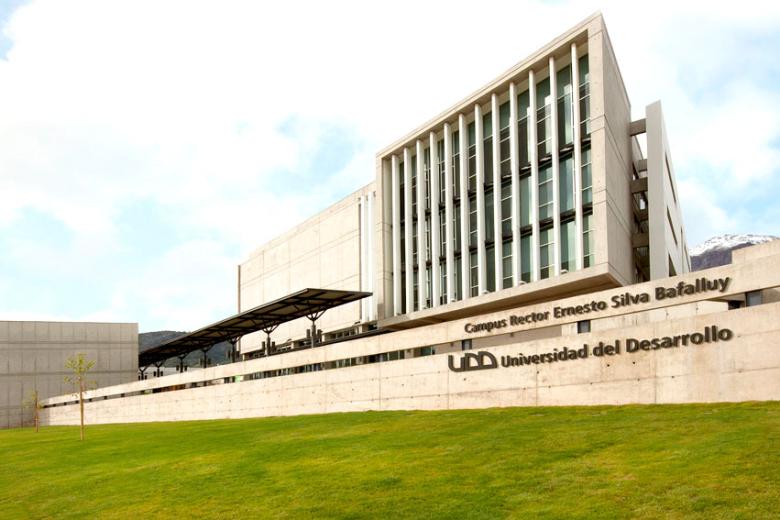The Nagoya Protocol concern regulations regarding the access to genetic resources and the fair and equitable sharing of benefits arising from their utilization to the convention on biological diversity. Since April 16, 2016 the Netherlands adopted the legislations regarding the Nagoya protocol.
The Nagoya Protocol, an international agreement aimed at providing a transparent legal framework for Access and Benefit-Sharing (ABS), entered into force on 12 October 2014. It is implemented in the European Union through Regulation (EU) 511/2014, which entered into force on the same date. The Nagoya Protocol requires all countries to take the necessary measures to regulate access and to ensure benefit-sharing on the use of genetic resources, not only those countries from which genetic resources have been provided but also countries in which the genetic resources are utilized. In the Netherlands, the Dutch Food and Consumer Authority (NVWA, Nederlandse Voedsel-en Warenauthoriteit in Dutch) has the surveillance regarding the compliance to this protocol.
What does this mean for scientists? Before collecting or ordering genetic resources from another country, a Maastricht UMC+ researcher needs to receive permission from the providing country; this is known as a prior informed consent (PIC). In order to receive PIC you need to agree with the providing country on the benefit-sharing conditions. This is referred to as mutually agreed terms (MAT). All the information regarding this needs to be documented properly by the scientist. Think of:
date and place of access of resources or traditional knowledge;
description of the genetic resources or of traditional knowledge;
source from which the genetic resources or traditional knowledge associated with genetic resources were obtained, as well as subsequent users (development chain);
rights and obligations relating to access and benefit-sharing including for subsequent applications and commercialisation;
access permits, where applicable (Competent National Authority);
mutually agreed terms, including benefit-sharing arrangements, where applicable.
To check if your activities are in scope of the EU ABS regulation/Nagoya protocol, the ABS focal point has set up a tool.
If you are working with genetic sources in line with the EU ABS regulation/Nagoya protocol please report this (kind of samples, country of origin, PIC/MTA present) and send an e-mail to info-nagoyaprotocol@maastrichtuniversity.nl. This holds for research yet to be started but also for genetic sources already present in the laboratories. Also in case of questions, this e-mail address can be used.
